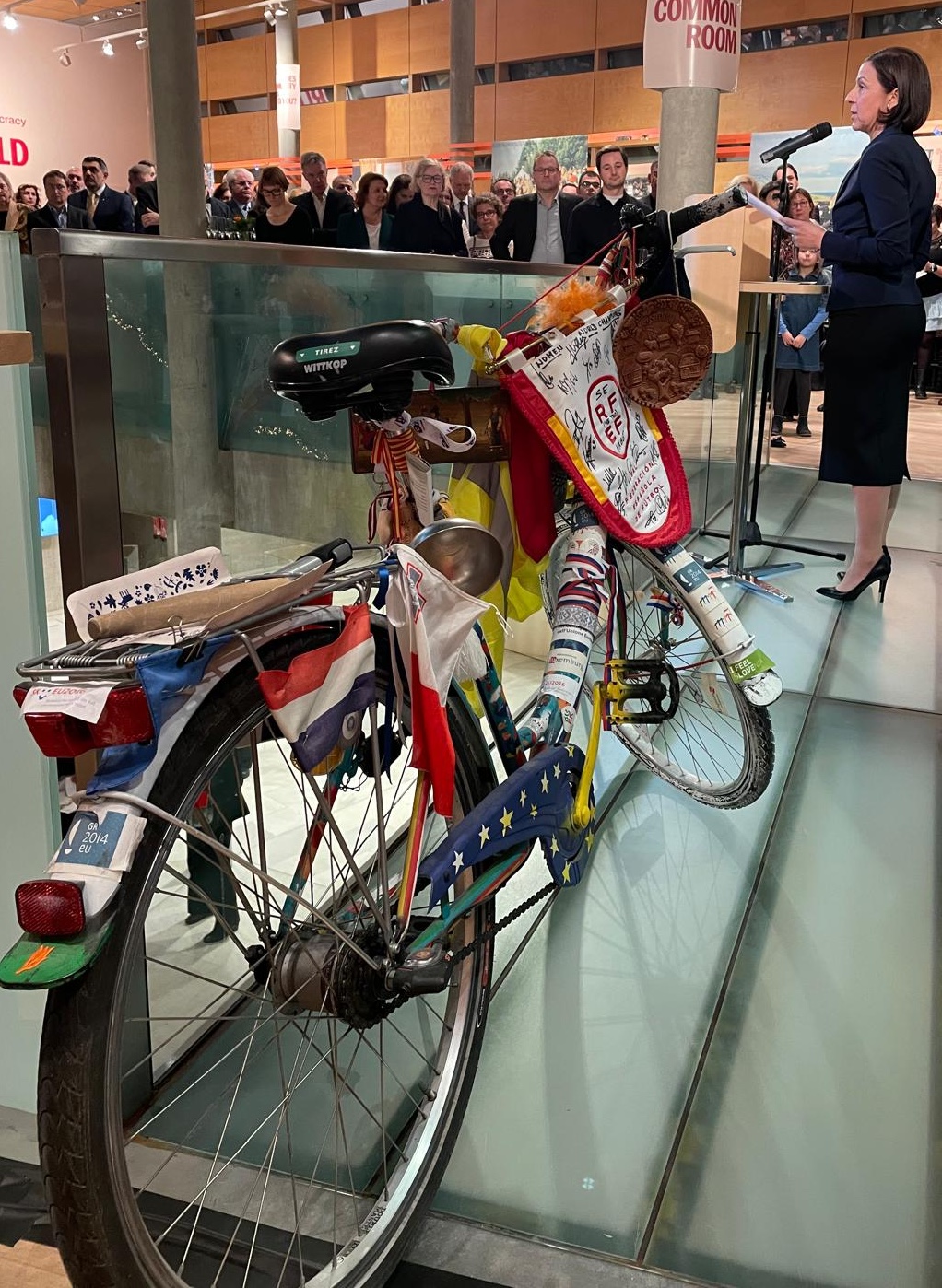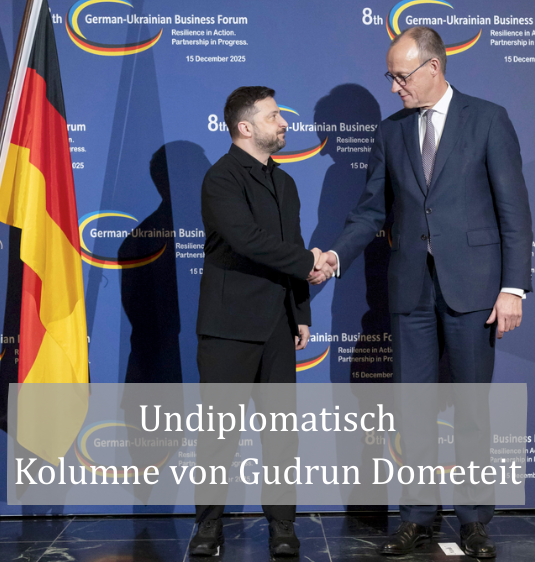diplo.news
“Diplomacy” in election campaign times
By Dietrich von Kyaw

The art of diplomacy is once again in demand in Germany today, whether as “public diplomacy,” “climate” or “peace diplomacy.” At the same time, their significance highlights their ambivalence. Diplomacy must serve Germany's international reputation and interests. However, it is always at risk of being influenced by domestic and party politics and even more so during election campaigns.
Europe is confronted with war, with the quest for dominance by major and central powers. Diplomacy has to deal with this “return of history” in a country that is resisting this development. After the collapse of the Soviet Union, it had comfortably settled into a “rules-based world order” under the protective umbrella of the USA. Today, all of this is being called into question and requires difficult adjustments.
Revitalization of diplomacy
Due to the magnitude of international challenges, “diplomacy” is also being revived. For a democratic state, it must be transparent. In the age of the Internet and social media, the desire for publicity has grown and does not stop at diplomacy. Traditional diplomacy, characterized by confidentiality, is in tension with this.
In order to keep up with the times, the Federal Foreign Office has committed itself to “public diplomacy”. While Federal Foreign Minister Baerbock travels to conflict zones in a media-effective manner, her diplomats are also to increasingly cultivate the media as “public figures” in host countries. This is modern, but more complex than it sounds, not least because of a German foreign policy that is strongly value-oriented, instructive and based on wishful thinking rather than on interests and reality. In the last federal government, there were also too many contradictory conflicts of goals between the coalition partners, including the result of frequent German abstentions (“German vote”) in the EU.
Alibi function
At the same time, “public diplomacy” has an alibi function in the EU. The foreign ministers and offices of the member states have to live with the fact that European treaties have made the European Council superior to the Councils of Ministers. The heads of state and government are now extending their competence in European policy to the “common” foreign policy.
The effectiveness of any public relations work depends on the concrete implementation of what you convey. There have been repeated failures, such as the very lacking free trade agreement with the USA today, failed due to a public unilaterally sensitized by an alliance between agricultural protectionists and environmentalists (“chlorinated chicken”). This alliance has so far been similarly effective in preventing the Mercosur free trade agreement with Latin America. And are German interests really served when a German Chancellor talks to Putin on the phone on the one hand and criticizes the future US President for his questionable statements on Greenland on the other?
“Peace diplomacy” without any connection to reality
Also ”peace diplomacy“ without sufficient reference to reality, failure is imminent. It involves difficult balancing issues, such as the relationship between freedom and territorial integrity and peacekeeping, from ethics of opinion to responsibility. Allowing naively benevolent pacifists and election campaign interests to navigate between Putin and Trump or Israel and Arabs without sufficient means of their own power and coordination with Brussels will not remain without consequences and impunity for the central European power Germany, will not only be balanced out with more money.
To work successfully, German diplomacy needs a foreign and security policy that is convincing in terms of content and based on interests and reality. Behind this must be the weight of an economically strong country linked to the EU and the USA through NATO and ready to lead. The future federal government will have a lot to do!




